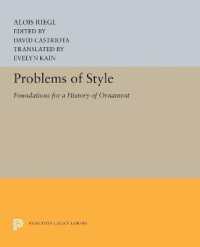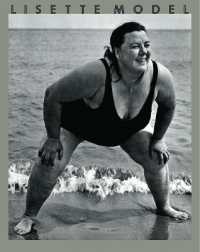- ホーム
- > 洋書
- > 英文書
- > Science / Mathematics
Full Description
This book offers advanced iterative learning control (ILC) and optimization methods for industrial batch systems, facilitating engineering applications subject to time- and batch-varying process uncertainties that could not be effectively addressed by the existing ILC methods.







